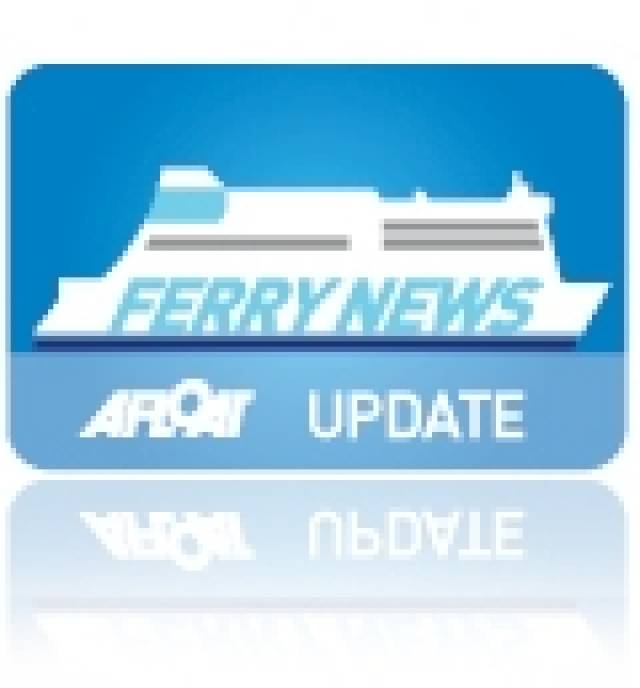#FERRY NEWS - Industrial action by French crews with Brittany Ferries is still disrupting the company's ferry services from Cork to Roscoff.
As previously reported on Afloat.ie, a series of wildcat strikes by staff protesting against changes to their working terms and conditions began last Friday 21 September.
The action led to the cancellation of sailings on the weekend-only round-trip Cork route until further notice.
Passengers intending to travel from Cork have been advised to seek passage instead on Celtic Ferries' Rosslare-to-Cherbourg route or Irish Ferries' Rosslare services to Cherbourg.


























































